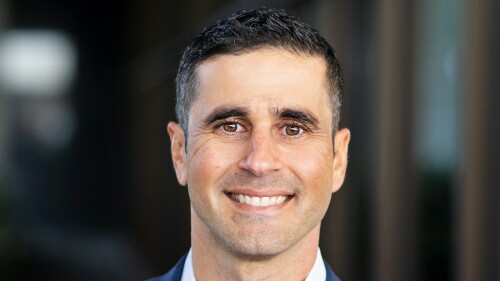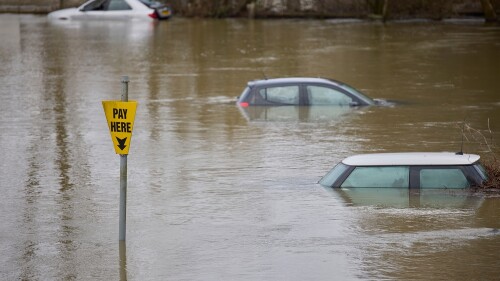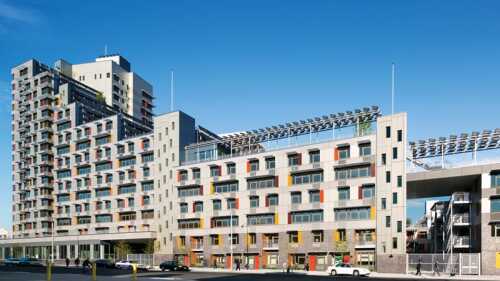In the immediate aftermath of Japan’s recent natural catastrophes, there is likely to be a repatriation of capital from overseas by Japanese investors in an effort to restore the country’s infrastructure. This will draw away some investment from European property. On the flip side, stable markets like London are expected to benefit from an increase in capital owing to political unrest in North Africa and the Persian Gulf.
Japan’s government estimates that the cost of the earthquake and the tsunami it triggered, which devastated the northeast, could reach $309 billion. The natural disaster caused severe structural damage to roads, railways, and buildings and also caused major damage to a nuclear plant in Fukushima.
The priority for domestic investors now is to rebuild Japan; only then will they look again at overseas markets in order to safeguard their capital. This approach reflects the nature of the wider Japanese economy, which has suffered a 20-year period of stagflation and has therefore remained unaffected by the peaks and troughs of other markets.
Jon Zehner, a senior director at global real estate investment group AREA Property Partners’ European headquarters in London, and a ULI member, says: “In the near term, I expect Japanese capital to return to Japan to assist in rebuilding the country after the destruction caused by the earthquake and the tsunami. Over time, more Japanese capital will look for a home outside of the domestic markets to provide diversification from risks in Japan.”
Although it may be too soon to gauge what the long-term effects will be, the net impact of a repatriation of Japanese capital from overseas markets, including Europe, is likely to be limited. Japanese investment in the U.K., for example, never reached high levels partly due to the collapse of Japan’s economic bubble during the early 1990s. Overseas expenditure has been on the decline since then.
Fellow ULI member Van Stults, a managing director and founding partner of Orion Capital Managers, notes: “Japanese capital was beginning to slightly spread its wings again and this may now slow down.”
Additional flows of capital targeting European property could stem from political unrest in North Africa and the Gulf, however. Stable, liquid markets such as London, Paris, and Frankfurt, as well as New York, are likely to receive an increase in investment from Middle Eastern investors who are looking for “safe havens” in which to deploy their capital. The relative stability of the United Arab Emirates could also see that nation gain from the political strife.
“I expect the turmoil to result in more equity capital focusing on the more stable markets in Europe and the U.S., although it may take a little while for that to become evident,” Zehner says.
Research conducted by global real estate adviser DTZ reinforced the view that turbulence in countries such as Egypt and Libya is likely to boost flows of capital from the Middle East. In London, this currently represents around 10 to 12 percent of total investment stock.
London-based Stults continues: “In relation to the Middle East, there will likely be increased interest by foreign investors to invest in London property, particularly wealthier individuals continuing the trend to acquire London residential assets. With unrest occurring rapidly in certain countries, London represents the preferred international ‘property bank’ to acquire real assets with relative confidence.”
On balance, the key European property markets look likely to absorb greater levels of investment from the Middle East than could be withdrawn as a result of a repatriation of Japanese capital. Yet it is difficult to quantify the overall impact, not least because the situation is still shifting in some circumstances, while investment decisions are not typically made overnight.




